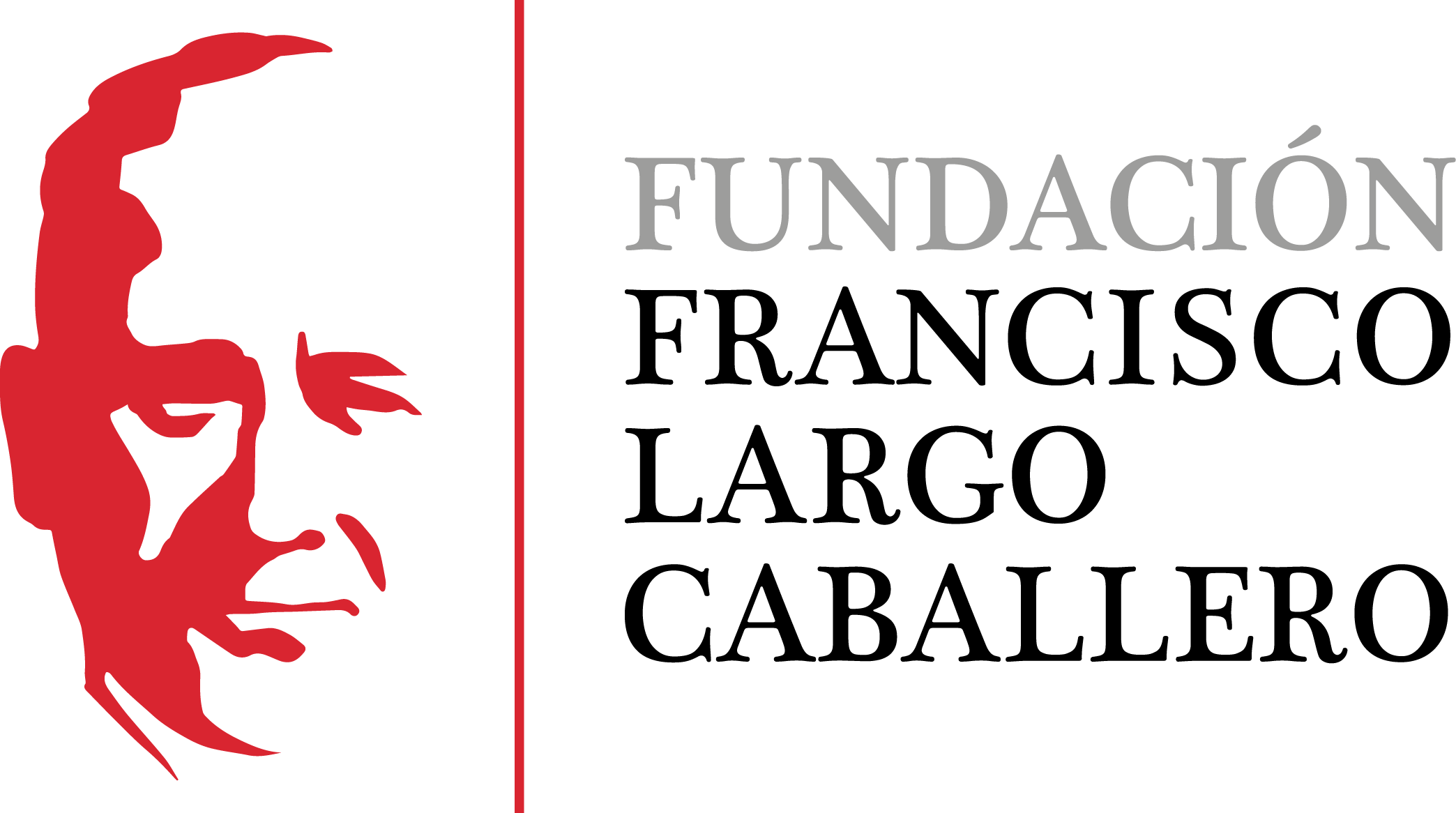Legitimation discourses concerning the 19th century Spanish monarchy
Isabel II and Alfonso XII, constitutional and Catholic monarchs
DOI:
https://doi.org/10.69791/rahc.107Keywords:
Monarchy, legitimacy, constitution, Spain, 19th century, Isabel II of Bourbon, Alfonso XII of BourbonAbstract
The 19th century Spanish monarchy had to adapt to the liberal revolution in order to survive the historical rupture that led to the new constitutional era. This complex process contained elements of rupture, but also of continuity. The sources of legitimation of the monarchy diversified, and the historical legitimation based on dynasty and political and cultural tradition (authority, Catholicism, etc.) was supplemented by another substantial discourse derived from constitutional legality and the moderating role of the monarchy in the political sphere and in social arbitration. The new constitutional monarchy became the core of the liberal political system, and in the process of accommodation to the liberal model, the monarchy played a leading role via its symbolic and representational function in the construction of the liberal State and national identity. This paper presents a comparative analysis in the European context of the main legitimation discourses and strategies concerning Isabel II and her son Alfonso XII of Bourbon, paying particular attention to their characterisation as constitutional and Catholic monarchs.
Downloads
Global Statistics ℹ️
|
113
Views
|
26
Downloads
|
|
139
Total
|
|
Downloads
Published
How to Cite
Issue
Section
License
Copyright (c) 2015 Rafael Fernández Sirvent, Rosa Ana Gutiérrez Lloret

This work is licensed under a Creative Commons Attribution 4.0 International License.
Alcores is an open-access journal. It provides unrestricted access to its content from the moment of publication. We respect intellectual property rights, and for this reason, the author retains the copyright. All content is distributed under a Creative Commons Attribution 4.0 International (CC BY 4.0) license. The terms of the license can be consulted at: https://creativecommons.org/licenses/by/4.0/
This license allows sharing (copying and redistributing the material in any medium or format) and adapting (remixing, transforming, and building upon the material for any purpose), provided that authorship and first publication in this journal are properly credited, a link to the license is included, and any changes made are indicated.
This type of license facilitates the freedom of reuse and ensures that the content of this journal can be used to meet research needs.





